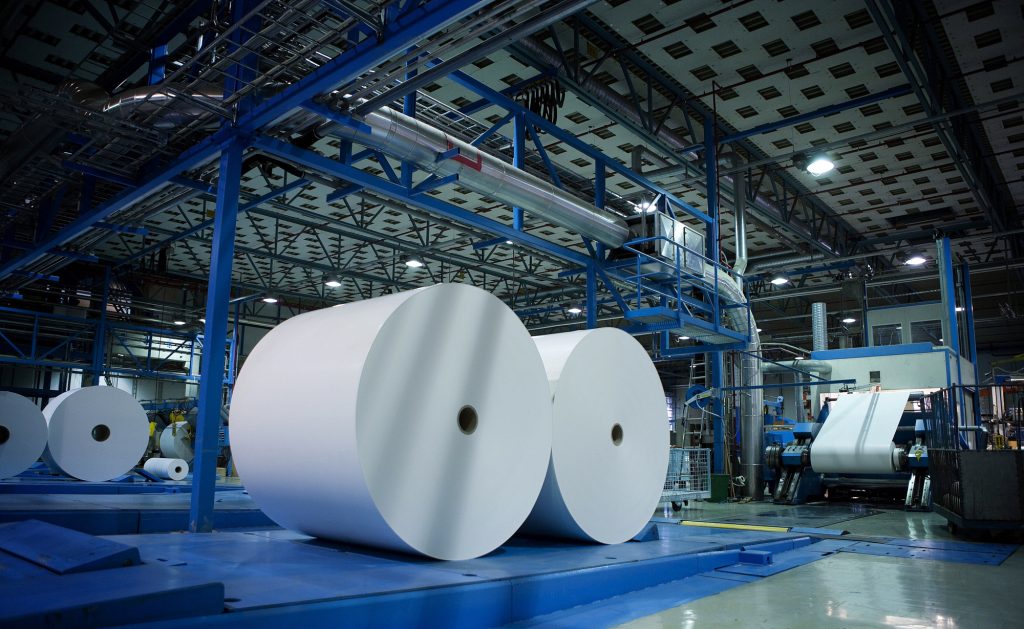
Headlines
News
New study questions environmental benefits of recycling paper
February 10, 2021 By PrintAction Staff
 Iggesund's bruk/mill 2008
Iggesund's bruk/mill 2008 A recent study from researchers at Yale University and University College London questions the environmental benefits of paper recycling, which is considered to be an important part of a circular economy.
According to the study, Limited climate benefits of global recycling of pulp and paper, which was published in Nature Sustainability in October 2020, the recycling of paper materials in particular could have a negative impact on the climate. The study’s writers warn that circular economy efforts should carefully consider the energy implications of recycling paper products, and they concluded that recycling paper has a limited climate benefit but a higher climate impact than the production of fresh fibre-based paper.
The main reason for this is making recycled paper uses more fossil energy than the production of new paper, as it uses electricity from the grid or natural gas. Fresh fibre paper can be produced using fossil-free energy made from by-products of the wood pulping process.
“We need to be careful about assumptions that recycling, or a circular economy in general, will always have a positive effect on climate change,” says one of the report’s writers, Paul Ekins of University College London’s Institute for Sustainable Resources, in a press release.
“These conclusions are in line with what we see on the market,” said Johan Granås, sustainability director at Iggesund Paperboard. “It is quite clear that the production of paper or paperboard from recycled fibre generally has a higher climate impact than producing paper from fresh fibres.”
Nonetheless, Granås added that he believes fibre-based materials should continue to be recycled, especially if more renewable energy can be used. “Fresh fibre and recycled fibre are parts of the same material system and extremely interdependent. If no one produces fresh fibre there won’t be anything to recycle in the long run. And if we didn’t have recycled fibre, today’s fresh fibre production would not be able to cover all of the needs,” he said.
Print this page